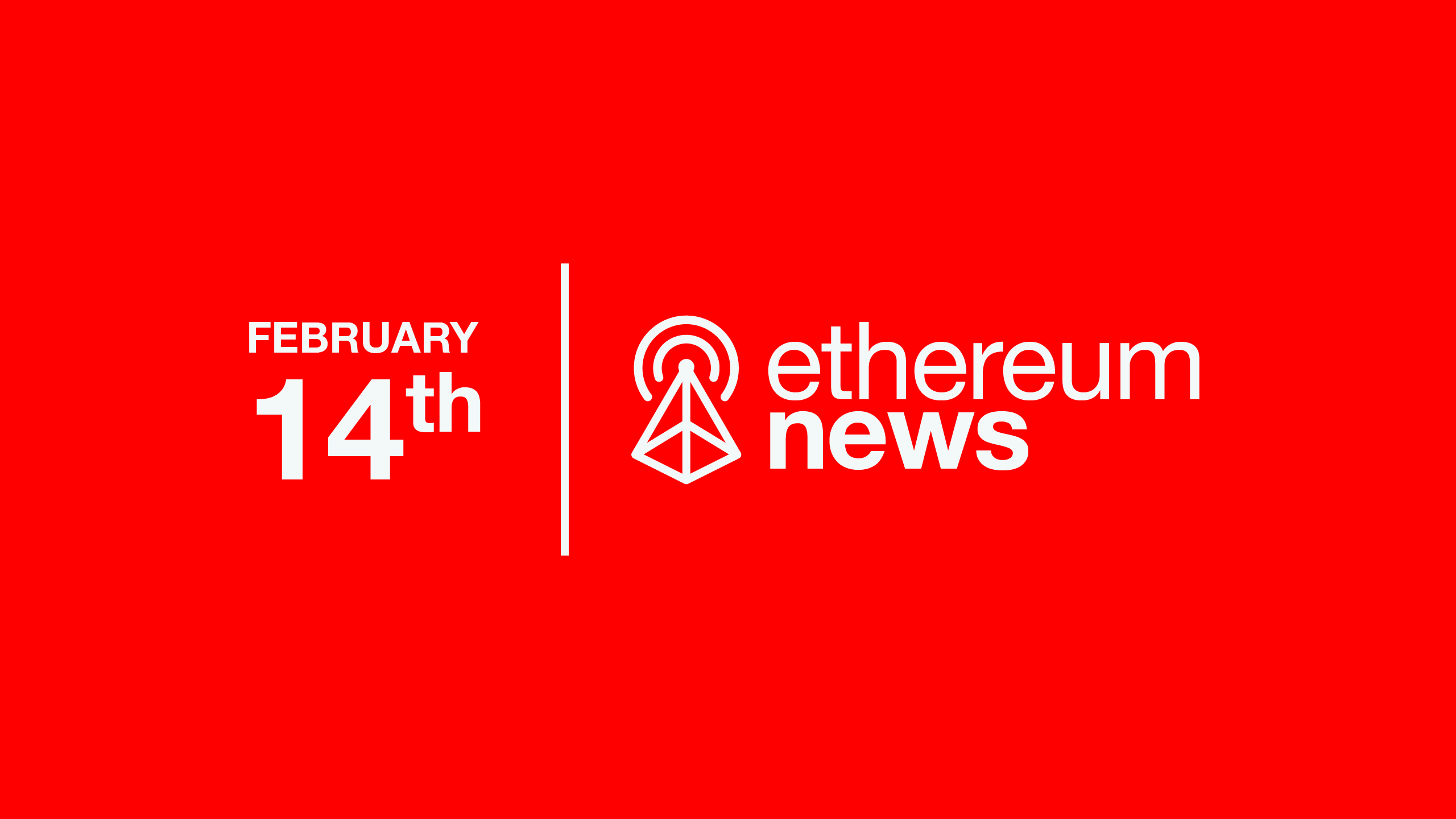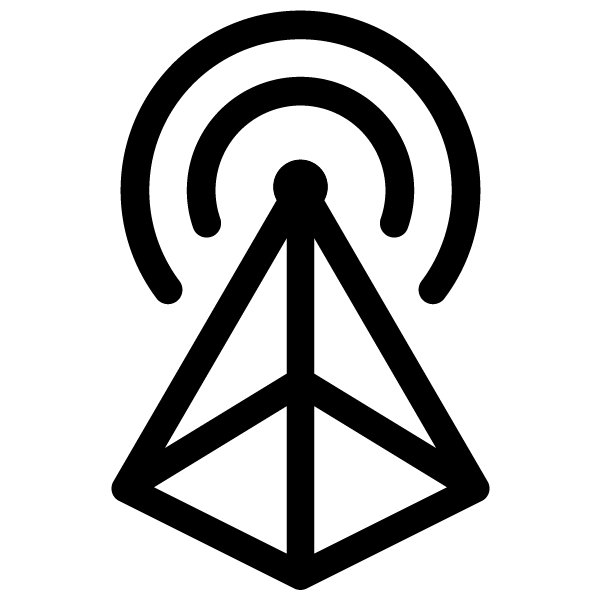Quix Codebase Now Open Source
The release allows developers to deploy or extend any part of the Quix NFT platform.

Q/uick Take
- Polygon zkEVM mainnet beta launches March 27th.
- Blur deploys governance token airdrop.
- Quix releases its open-source codebase.
- EY releases a ZKP compiler called Starlight.
Listen on: Apple | Castbox | Spotify | YouTube | Lens
Optimism Highlights 🔴✨
Quix Codebase Now Open Source
Quix, one of the first NFT marketplaces on Optimism, released its codebase for open-source development. The codebase includes frontend and backend code for the NFT marketplace, an NFT indexer, and the Quix launchpad. The open-source release allows developers to deploy or extend any part of the Quix platform. The release comes as Quix began winding down operations in December amid a slowdown in NFT trading volume. Quix previously announced its marketplace will remain live until the end of February, after which traders will be redirected to OpenSea. Quix will be hosting office hours on its discord to answer technical questions.
Velodrome Surpasses $200 Million TVL
Velodrome, an Optimism-native DEX, surpassed $200 million in TVL, making it the largest exchange on L2 by TVL. Uniswap remains the largest DEX by trading volume according to data from Defillama. Velodrome is currently working on the deployment of its v2 upgrade, which will introduce a new front end, optimized contracts, and custom token pairs.
Polygon Schedules zkEVM Mainnet Beta
Polygon announced that it will launch its zkEVM to mainnet beta on March 27th. Polygon zkEVM is an EVM-equivalent zk-Rollup that offers low-cost and high-throughput transactions. EVM equivalence allows developers to deploy existing smart contracts on Polygon zkEVM without having to make code adjustments. Polygon first introduced its zkEVM last summer and deployed a testnet in October. Since then, over 75,000 ZK proofs have been generated on the testnet at an average cost of $0.06. ZK proofs prove the validity of transactions in a batch of transactions, or rollup block. Polygon did not specify what will be included in the mainnet beta rollout.
BLUR Airdrop Goes Live
Zero-fee NFT marketplace Blur deployed its governance token airdrop, allowing eligible users to redeem care packages for a share of 360 million BLUR tokens. Over 74% of eligible users have claimed their BLUR, which currently trades for about $0.70 per token at the time of recording. Users have 60 days to claim their BLUR tokens. Gas fees on Ethereum spiked well above 100 gwei for several hours amid the airdrop. Over 400 ether was burned on the BLUR token contract alone. BLUR has a total token supply of 3 billion, of which 51.2% is allocated to the community, 29% for contributors, 18.8% to investors, and 1% to advisors.
EY Releases Starlight ZKP Compiler
EY announced the open-source beta release of a ZKP compiler called Starlight, enabling private business logic on Ethereum. Starlight allows developers to compile solidity contracts into “zolidity” contracts for creating ZK dapps. Developers can access the open-source release on GitHub to build and test privacy applications. EY previously announced a rollup solution called Nightfall, which also uses ZK proofs. EY plans to release a public version of its Nightfall rollup in May. The accounting firm aims to make it possible for enterprises to handle data at scale and multi-party business logic on Ethereum while also maintaining privacy.

